If you are wondering which GPU pairs best with which CPU in a gaming laptop, or how you can ensure you get the best performance from mobile gaming technology, this guide should help!
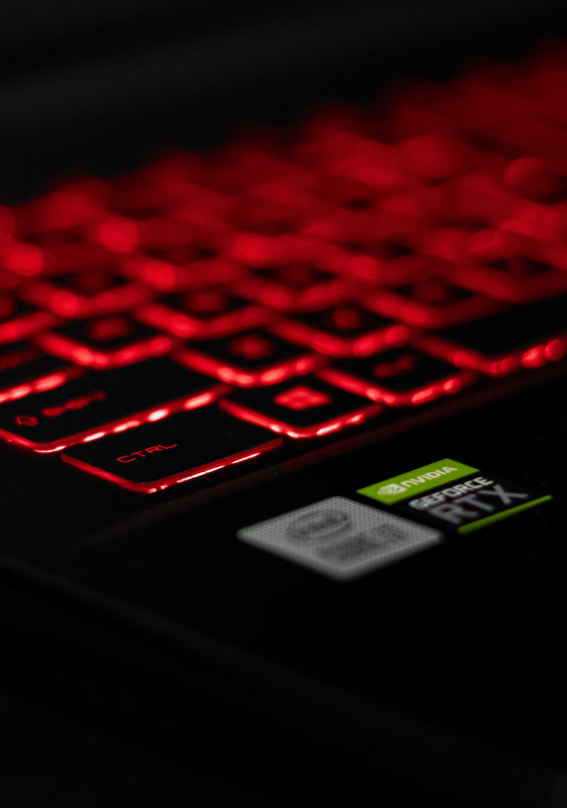
The most important consideration when choosing a gaming laptop is that it meets the specification you need for the games you want to play. Whether you are an entry level gamer, competitive player, or want the very best AAA games to look great in 4K while you play on the move - there are laptops designed for you. We'll discuss the important specs, what to look out for, and what to avoid.

The GPU - Graphics Processing Unit - is one of the main considerations for a gaming laptop, as it will perform all the heavy lifting when you're playing. Whilst some of the performance comes from your CPU and you will need a decent amount of memory, the GPU is a vital part of the specification.
Ideal for: 1080p + Low graphics settings
Ideal for: 1080p/1440p + Med/High graphics settings
Ideal for: 1440p/4K + High/Ultra graphics settings
The Max-Q versions of high-end NVIDIA graphics cards are tuned and redesigned using both hardware and software modifications, limiting the power ceiling of the mobile GPU. This results in less heat production, and, therefore, less cooling required. The objective - to make a smaller high end GPU fit in thin & light laptops.
Though performance is not the same as standard versions of the same GPU, and battery life often leaves something to be desired, if you value the portability of a laptop over gaming performance, Max-Q GPUs are ideal. Some manufacturers (ASUS for example) are making major changes to the cooling, airflow and optimising batteries to match the Max-Q features, which brings the laptop closer to standard GPU performance.
The CPU in gaming laptops cannot be underestimated. With very similar processing power to their desktop cousins, the only downside to mobile GPUs is the less adequate cooling capabilities of a much thinner chassis, and the subsequent loss in performance that this causes.
Laptop CPUs from the same generation and family will have a lower core and thread count than their desktop counterpart, meaning less heat generation, which makes them more efficient when running on battery. Intel denote the type of processor you are buying with a letter: -
Generally speaking, you will find gaming laptops with Intel chips are 'H' versions, and this will have an effect on the battery life - though some manufacturers combat this with cooling systems to balance the inefficiency.
Although the above represent the latest generations of AMD and Intel CPUs it is quite possible to revert back a few generations and benefit from the GPU/CPU combination - with great results.
Intel Core i5 and Core i7 10th-Gen or 11th-Gen mobile processors, when paired with an NVIDIA GeForce RTX graphics card can easily produce high framerates and high quality visuals, and will also save you money. Similarly, AMD's Ryzen 5 5600H and Ryzen 5 5500U offer value for money, and can be paired with an excellent graphics card for smooth, fast gameplay performance.
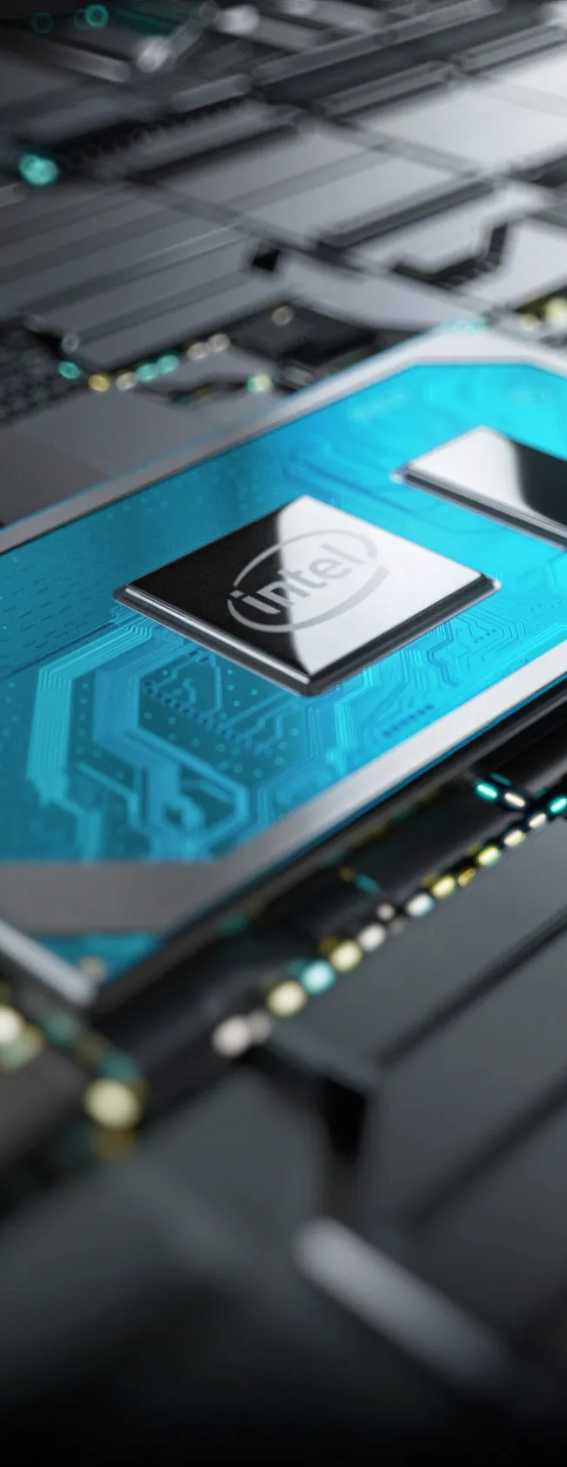
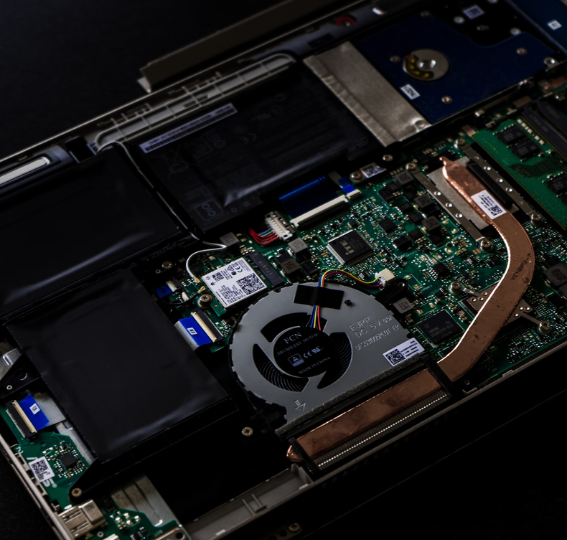
Memory is very important in gaming laptops, and it is wise to have a minimum of 16GB RAM for the best performance, but 8GB of DDR4 RAM will allow you to play a broad range of games just the same. The minimum and recommended requirements for a game will always tell you the ideal RAM spec for best results, though having 16GB is a great "sweet spot" that should let you play almost all games at recommended settings.
32GB RAM is more than most games require for optimal results, but allows you to do much more in terms of productivity - enabling you to use your laptop for video editing, graphics editing etc.
For the best performance in a gaming laptop display, there are few things to look out for: -
IPS, IPS LED and OLED produce vibrant, clear images and are recommended for gaming visuals.
(Native resolution in bold)
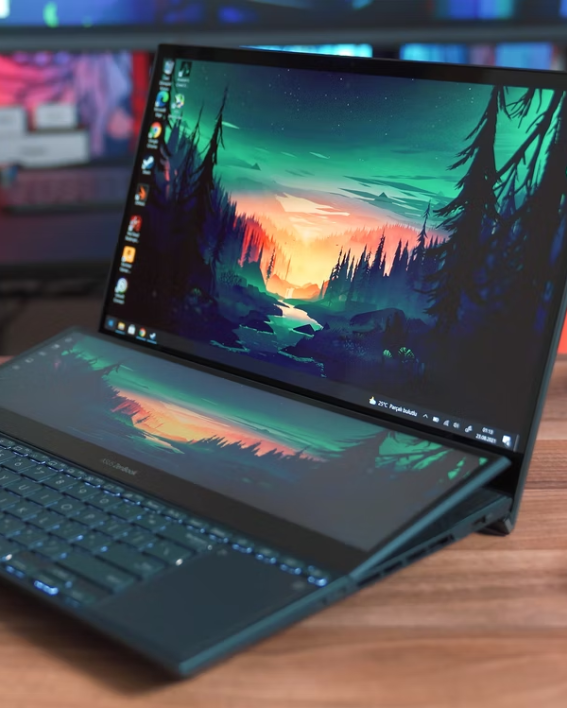

Traditional laptop membrane keyboards are not durable enough for extended wear and tear from gaming. Repeated keystrokes, pressure and stress can cause traditional laptop keyboards to break, become loose, or reduce responsiveness.
Gaming laptops from vendors such as MSI and Gigabyte now have mechanical keyboards, specifically designed to withstand long gaming sessions, and over a long life span. As well as mechanical keys, you can expect manufacturer specific keyboard technology that ensures tactile, precision responses when gaming, RGB backlit keys and anti-ghosting technology.
Examples:
Unfortunately, the one thing that links all gaming laptops is battery life. Whilst there are some exceptions to the rule, laptops that have to power energy-hungry CPUs, RTX graphics card and deal with the stresses of running high quality visuals are probably only going to be able to do so for a few hours at most.
Most of the time, laptop gaming is reserved for when a power outlet is available, and few amateur or pro gamers ever play games on their laptop for extended periods without plugging in their adaptor.
If you are a casual gamer, an hour or so playing your favourite titles will be enough, but if you intend on setting yourself up for a mammoth eight-hour session, then plugging into the mains and having a suitable cool surface to play on is advised.
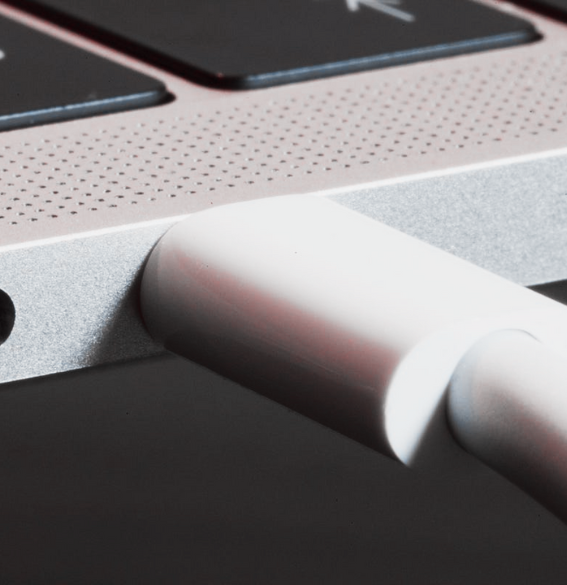
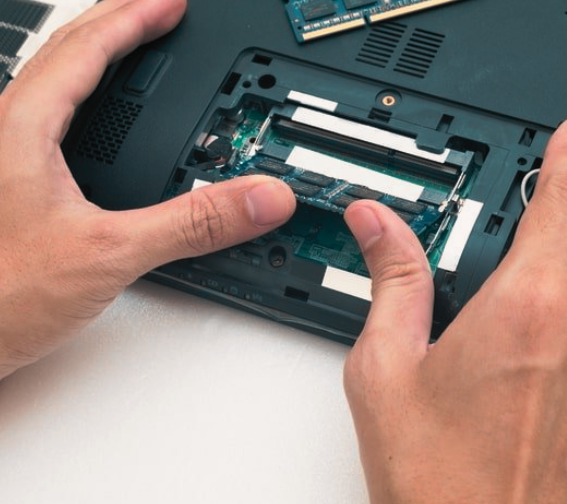
Few components in a gaming laptop are upgradeable, but it is worth looking out for models that accept upgrades for the RAM (memory) and storage. You can, of course, upgrade with external storage, external graphics cards and add peripherals such as monitors, keyboards and mice.
Check the specifications of your laptop to see if the RAM is upgradeable, and note the maximum allowed. For storage, you may be able to swap out the SSD or HDD in your gaming laptop, though an external USB hard drive is often a much easier method when you require a portable solution (and don't have to open the laptop up!).
Yes. We offer various finance options, with flexible payments depending on the price of the gaming laptop.